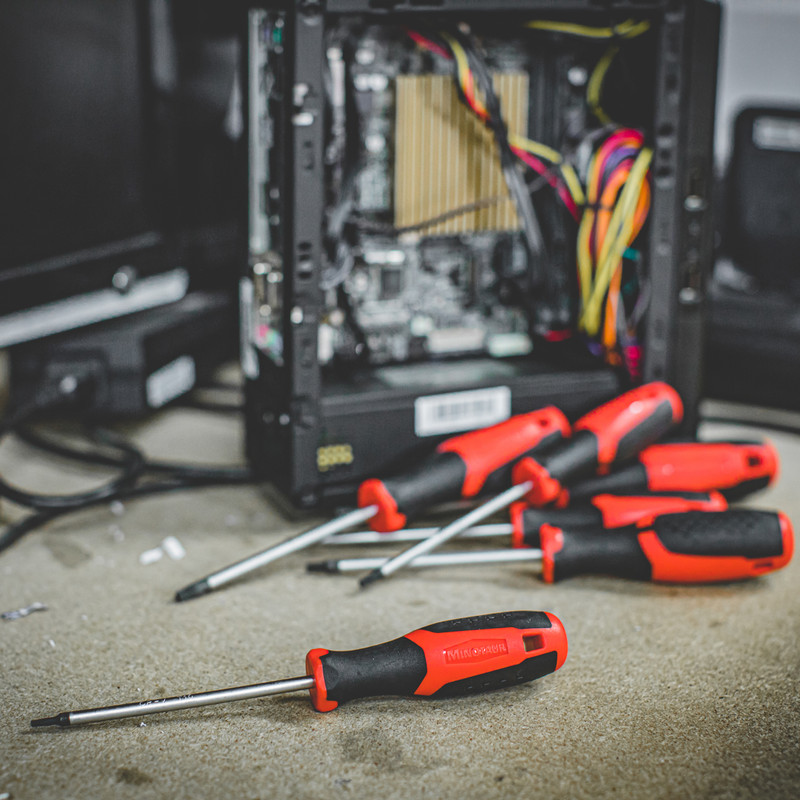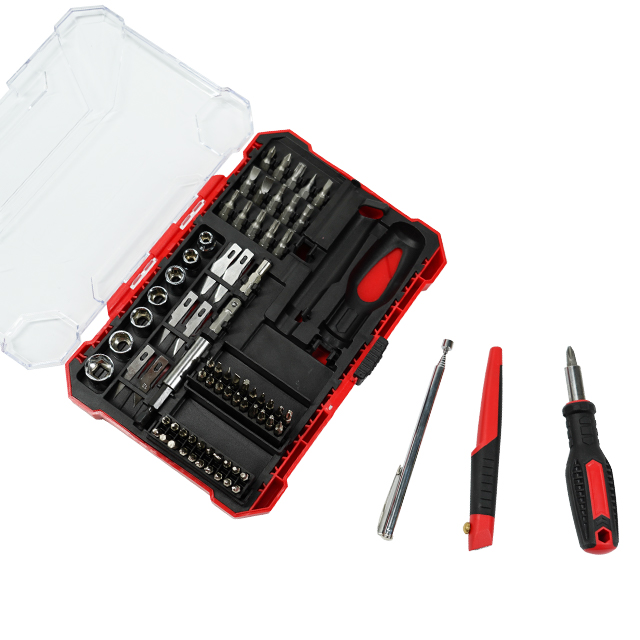
 Hammers: Designed for driving nails, a good quality hammer is an investment that will last for years. They may look alike, but hammers and mallets have distinctly different uses. Wire cutters resemble pliers, but they feature sharp edges designed to cut wire in two, although some pliers come with both gripping jaws and wire-cutter blades. For the best results, consider buying a pair that comes with nonslip handles that will make it easier to get a good grip when pulling something. Pliers and Wire Cuttersĭesigned to grab and pull, a good set of pliers will come in handy for multiple purposes, from pulling up a corner of carpeting to gripping the edges of a stuck nut to turn it. If you do a good amount of mechanical work, using ratcheting wrenches will save a lot of time. Ratcheting wrenches feature a catch-and-release bar that turns the nut or bolt in a single direction without the user needing to remove the wrench and replace it with every turn. Wrenches are the hand tools of choice for tightening and loosening nuts and bolts and are essential for mechanical repairs and maintenance. When choosing, also consider screwdrivers with magnetic tips that hold the screw on the tip for easier insertion. The best screwdrivers have case-hardened tips that won’t chip or bend. It allows you to tighten a fastener by hand to just the right snugness.
Hammers: Designed for driving nails, a good quality hammer is an investment that will last for years. They may look alike, but hammers and mallets have distinctly different uses. Wire cutters resemble pliers, but they feature sharp edges designed to cut wire in two, although some pliers come with both gripping jaws and wire-cutter blades. For the best results, consider buying a pair that comes with nonslip handles that will make it easier to get a good grip when pulling something. Pliers and Wire Cuttersĭesigned to grab and pull, a good set of pliers will come in handy for multiple purposes, from pulling up a corner of carpeting to gripping the edges of a stuck nut to turn it. If you do a good amount of mechanical work, using ratcheting wrenches will save a lot of time. Ratcheting wrenches feature a catch-and-release bar that turns the nut or bolt in a single direction without the user needing to remove the wrench and replace it with every turn. Wrenches are the hand tools of choice for tightening and loosening nuts and bolts and are essential for mechanical repairs and maintenance. When choosing, also consider screwdrivers with magnetic tips that hold the screw on the tip for easier insertion. The best screwdrivers have case-hardened tips that won’t chip or bend. It allows you to tighten a fastener by hand to just the right snugness. 

For those times you don’t want too much torque that can come from a powered drill, a screwdriver is just the ticket. Screwdriversįor inserting and removing a variety of fasteners, including flathead and Phillips screws, you’ll want at least six to 10 individual screwdrivers in a variety of tip sizes and lengths. Power tools are great, but some workshop and around-the-house tasks require the use of hand tools. Most of today’s hand tools have been around in one form or another for decades-some for drastically longer-and for good reason: They simplify construction, maintenance, and repair tasks.







 0 kommentar(er)
0 kommentar(er)
